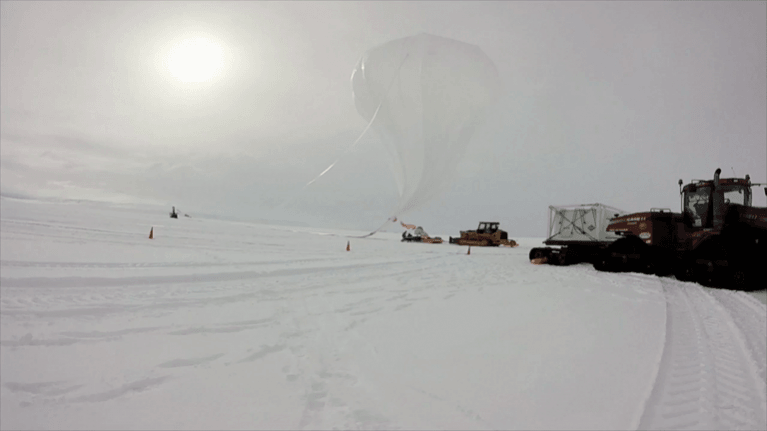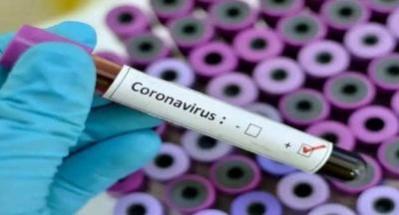A research station of Belgium in Antarctica has been hit by an outbreak of Covid-19, even after workers were being fully vaccinated.
Since December 14, at least 16 of the 25 workers at the Princess Elisabeth Polar Station have caught the virus, the BBC reported.
According to officials, cases at the station -- in one of the world's remotest regions -- remain mild so far.

"The situation isn't dramatic," Joseph Cheek, a project manager for the International Polar Foundation, was quoted as saying.
"While it has been an inconvenience to have to quarantine certain members of the staff who caught the virus, it hasn't significantly affected our work at the station overall.
"All residents of the station were offered the opportunity to leave on a scheduled flight on January 12. However, they all expressed their wish to stay and continue their work," Cheek said.
The first positive test was recorded on December 14, among a team who had arrived seven days earlier, Belgian daily Le Soir reported
Researchers in quarantine
Those who tested positive were placed in quarantine but the virus continued to circulate.
All 25 researchers were fully vaccinated and one had a booster shot. Before leaving for the station, they had PCR tests in Belgium two hours before flying to South Africa, the Sydney Morning Herald reported

In Cape Town, they quarantined for 10 days and took another PCR test.
A further test was needed when leaving for Antarctica and a final one five days after that.
At the outpost, there are two emergency doctors and new arrivals to the outpost have been suspended until the virus dissipates, the BBC report said.
Princess Elisabeth station is operated by the International Polar Foundation and went into service in 2009.
Last year, a number of Chilean military personnel based at Bernardo O'Higgins research station were infected after sailors on a supply ship tested positive for the virus, the report said.
(With inputs from IANS)

















